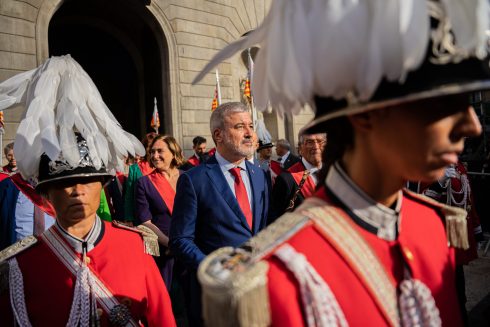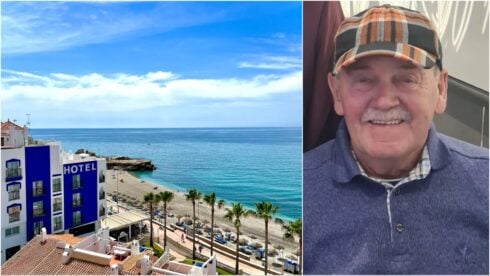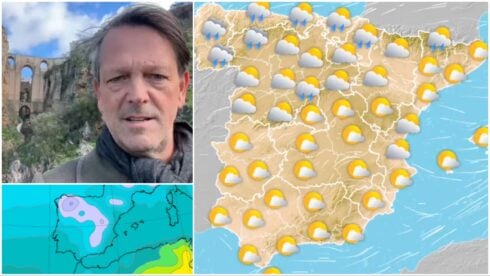SEVILLA has approved a law that will majorly restrict the granting of licences for Airbnb-style flats.
The City Council today ruled that the number of tourist apartments in each of the 108 neighbourhoods of the capital cannot account for more than 10% of homes.
It means saturated areas such as the historic centre and Triana will effectively have no more licences granted, given that they already exceed the cuota.
The measure passed after being supported by far-right party Vox, and despite the left-wing coalition voting against it.
The Socialists at the PSOE and Con Podemos-IU wanted the rules to be ‘tougher and more ambitious’.
According to them, the new law will still allow 23,000 more tourist flats to be granted in non-saturated neighbourhoods.
Sevilla’s urban planning boss Juan de la Rosa praised the rule as a ‘further step’ to make the tourism industry ‘compatible’ with local life.
He pointed out that tourism currently accounts for 25% of the city’s GDP.
It comes after Airbnb owners in Barcelona last month began demanding compensation totalling €1billion following the city council’s decision to revoke the licences of the 10,000-plus tourist apartments that operate in the city.
In June, Barcelona’s mayor Jaume Collboni put the city at the forefront of a nationwide backlash against mass tourism by announcing that tourist flats will be outlawed by November 2028 in an attempt to relieve the city’s housing crisis which has seen rental prices surge by over 70% in just a decade.
Protestors had argued that short-term rentals, such as tourist apartments offered by Airbnb, take up valuable housing stock and drive up prices, forcing many locals to leave the city centre for the suburbs or nearby towns.
Enrique Alcantara, the president of the Association of Tourist Apartments of Barcelona (Apartur), said the €1billion claim covers ‘losses due to investments made and future earnings’ for around 1,500 properties and 20 property management companies.

That figure could still rise as claims can be submitted until November 8, with estimates that the total sum of compensation claims related to the new legislation could exceed €3billion.
Following the announcement earlier this summer, the Olive Press spoke to several landlords who decried the move as an ill-thought-out ‘populist’ decision which would hit the income streams of hard-working citizens and do nothing to address the root cause of the housing crisis.
Luis, general manager at Aparteasy, a property company that offers short-term rentals through Airbnb, said the move will ‘not solve the problem of housing in Barcelona as it represents only 1.1% of total housing’.
Critcising the decision, Luis said the revoking of licences would give rise to a ‘new black market’, pushing expenditure towards the ‘small rich hands’ of hoteliers and tourist operators.
He also expressed his worry that abolishing tourist apartments, which provide up to 40% of total tourist accommodation in the city, could cause a ‘recession’ with a financial hit for employees, operators, bars, restaurants, taxis, attractions and small business owners.
Click here to read more Spain News from The Olive Press.








